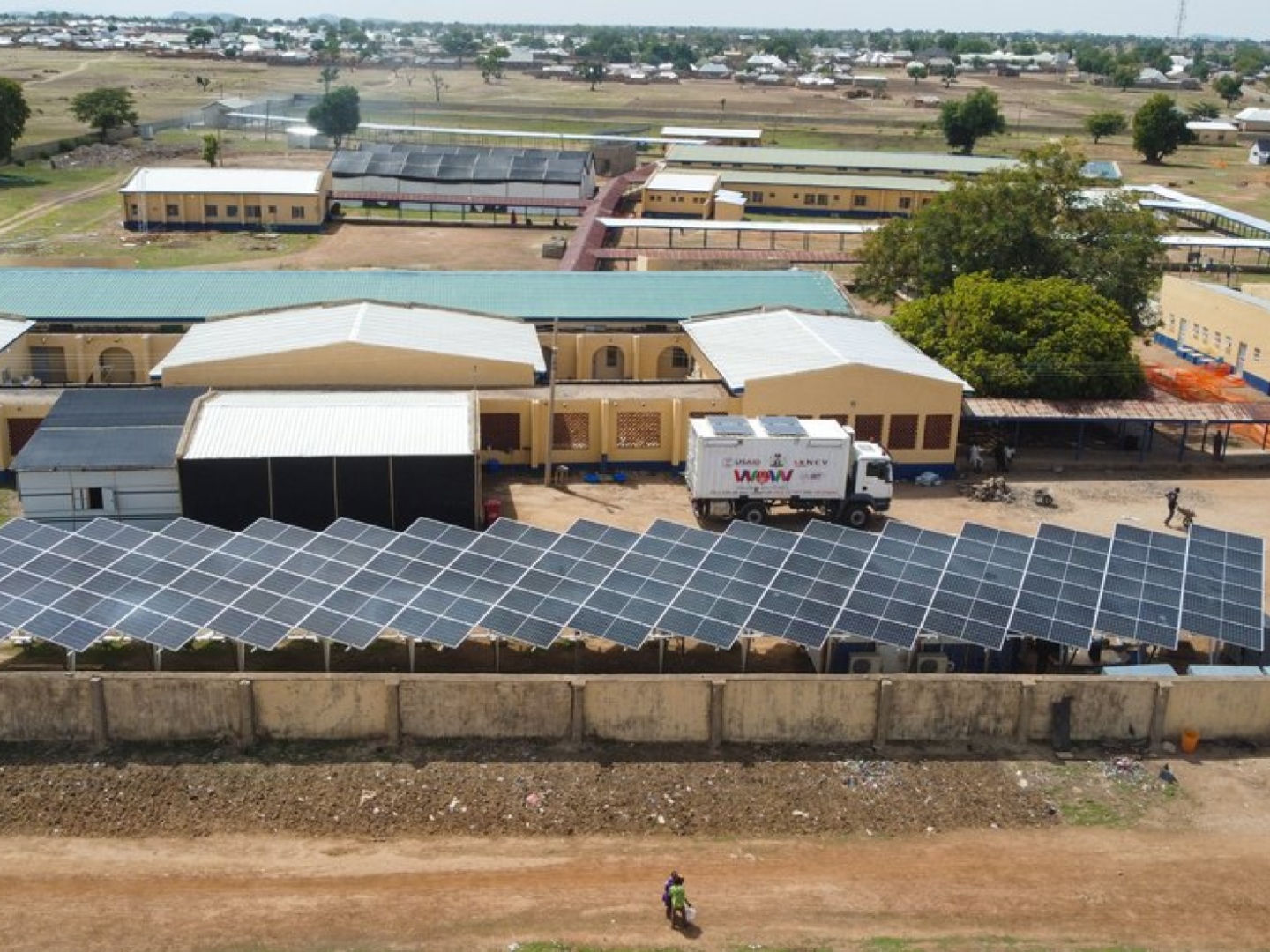Generation

Nigeria: Solar power to revolutionize education and agriculture

This project falls under the Phase IV of the Energising Education Programme (EEP) to be implemented and executed by the Rural Electricification Agency (REA) Nigeria.
The universities include Ahmadu Bello University, Zaria; University of Nigeria, Nssuka (UNN); Federal University, Wukari; Federal University, Dutse; University of Benin (UniBen); University of Ibadan (UI); Obafemi Awolowo University; and University of Lagos (UniLag).
The Minister of Power, Chief Adebayo Adelabu, emphasised that powering these institutions with clean energy will significantly lower energy costs, reduce reliance on diesel generators and provide a clean, stable source of power to support learning, research and healthcare delivery.
“The absence of reliable power in most institutions has grown into a crisis. This initiative will bring relief to educational and medical institutions and improve the quality of education and healthcare delivery,” said Adelabu.
The solar initiative to boost agricultural productivity and energy access in Nigeria
In addition to this, in its efforts to modernise Nigeria’s infrastructure, focusing on agricultural productivity and energy access, the Federal government has also tasked the REA with implementing the Agricultural Centers of Excellence (ACE) initiative, deploying solar-powered tools to support farmers and agro-processors.
This initiative is designed to reduce reliance on diesel-powered mills, increase agricultural output, and improve overall food security.
In addition to agricultural development, this initiative is aligned with broader livelihood restoration efforts, particularly in regions affected by displacement due to conflict or climate-related disasters.
The Minister said the project is meant to empower our rural dwellers by enabling them to engage in productive activities using solar-powered equipment. “It’s a key part of our resolve to ensure that no Nigerian is left behind in the transformation of the power sector,” he said.
The programme prioritises the integration of solar-powered agro-processing tools in newly established resettlement areas and shelters, ensuring that displaced populations have access to sustainable livelihoods and economic opportunities.












